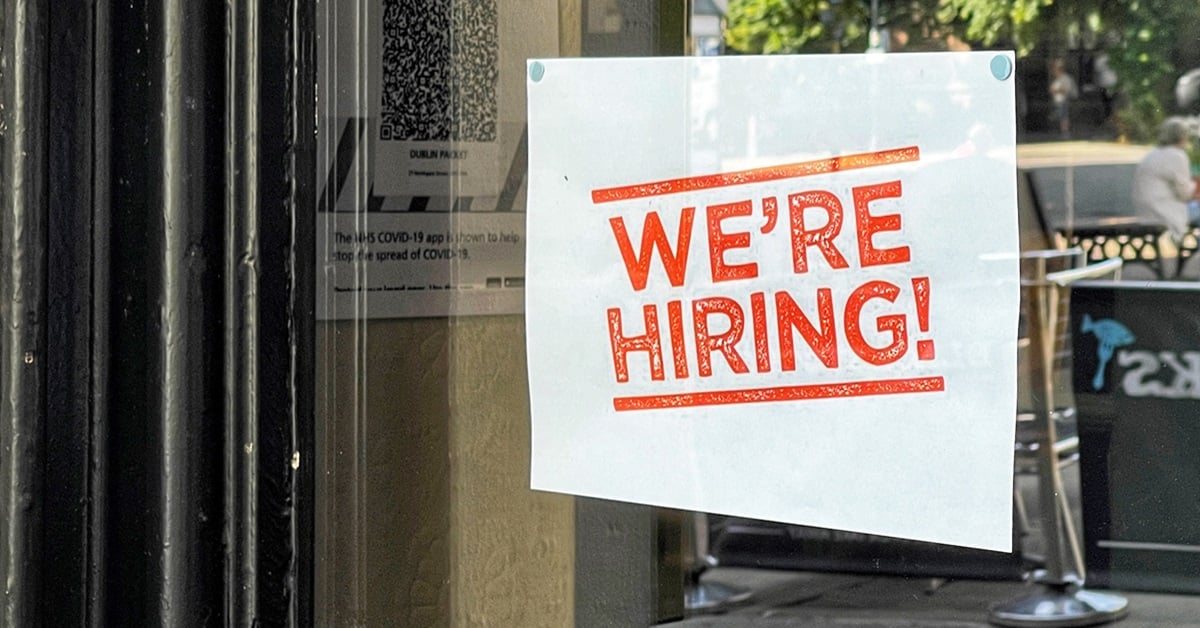Working in hospitality is a highly competitive industry. But – depending on the conditions of the workplace – there are real opportunities to find satisfaction, with every day bringing something new to the table. It might be perfecting your latte art, or a positive encounter with a customer that brings moments of joy.
The frenetic nature of a bustling restaurant or café can mean the hours pass quickly, and there might be positions within the hospitality industry that suit your skills and personality. It’s not for everyone, but there are a number of reasons why hospitality might be the industry for you.
1. Opportunity to develop strong relationships
The hospitality industry is often a perfect environment to develop strong relationships with others. Staff members come from all walks of life and – through the trials and tribulations involved in the job – camaraderie is often forged that can extend beyond the workplace. These bonds can be strengthened through the rituals of the job, such as the socialisation during shared break times, helping each other with various tasks, discussions regarding common interests or the sharing of war-stories. Although staff members might not click with everyone, there’s often a wide range of personality types to connect with. The steady flow of new and returning customers can also lead to meaningful , which can help to keep the job interesting and engaging.
Find out how a table management system can help you create compelling customer experiences. Get a personalised demo on how ResDiary can work for you.
2. Wide range of opportunities
The hospitality industry is massive, and there are often opportunities that suit different skill sets and preferences. For instance, staff might lean toward working front or back of house at a restaurant, working at a hotel desk, mixing cocktails behind a bar, and so on. There’s a range of potential positions out there and – compared to other professions – the barriers for entry might not be high (for example, there might be opportunities in the hospitality industry for people of all ages, regardless of education level). There’s heaps of learning and professional development to be done on the job (for instance, learning how to prepare certain dishes, or attract customers to the venue). After a period of time, there may be opportunities for promotion – which might include an increase in pay – and the skills that are required can often be applied in different industries or locations, which can make it easier to find a new job, or one in a different location.
3. Something new every day
A Korn Ferry survey of 5,000 professionals from 2017 shows that the main reason why workers are planning to look for a new job is because they are bored. At 33 per cent, boredom was a bigger driver of resignation than high salary (19 per cent), with ‘boreout’ being a cause for concern.
Although a big generalisation, office work can have the reputation of being drab and monotonous. It can potentially feature a relatively stale environment, with similar tasks and interactions every day. Although boredom can definitely occur in the hospitality industry, the nature of the work means that staff are often engaging with new people and different tasks every day, and those acts (such as a great coffee or interaction) can have an immediate and positive impact. This can help to stave off the monotony that can occur in other professions.
Moreover, office jobs are typically sedentary, and large periods of sitting or standing in the one spot may be unavoidable. This contrasts to the hospitality industry, where staff are often active and moving around to keep up with table service, or the demands of the kitchen. The physical and intellectual stimulation involved in certain hospitality jobs can be a big incentive for individuals who are looking for a career change.
The hospitality industry isn’t without its problems. The work is hard, it isn’t for everyone and job satisfaction may differ depending on the workplace. However, there are elements of the job that can be really attractive. You’re meeting new people every day, the work can be interesting and rewarding, and there may be opportunities to develop enduring relationships with like-minded – or very different – people.
Disclaimer: This guide is general in nature and does not take into account your individual circumstances. Before acting on any information, you should consider whether this is right for your business.




